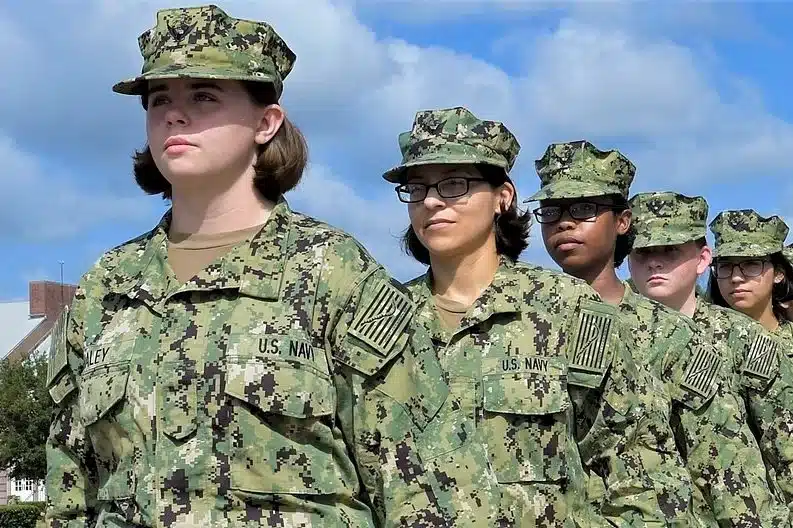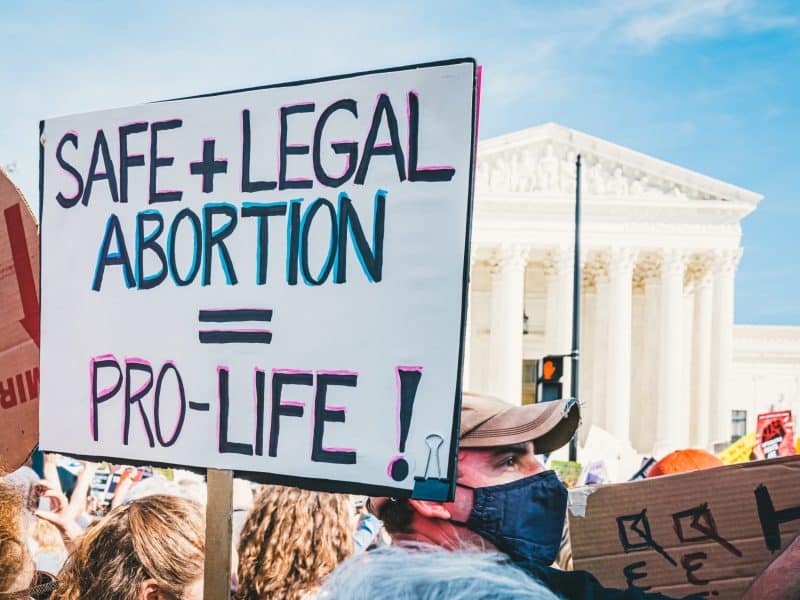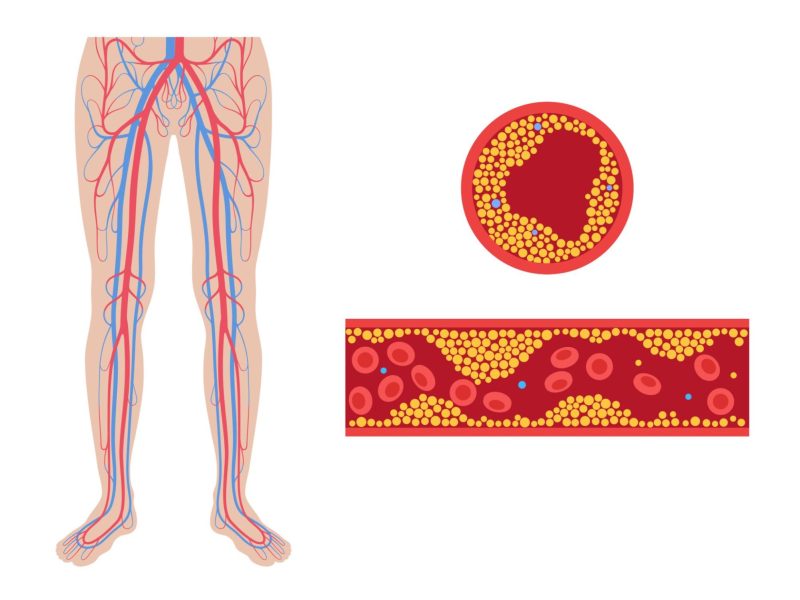

(WOMENSENEWS)–Miriam Schuler can’t say enough about sex. Over bingo at the senior center and on the street outside the grocery store, she discusses the topic with unabashed chutzpah, offering up hearty laughter and no-nonsense advice.
Schuler, an 86-year-old Ft. Lauderdale widow, never expected to spend her retirement handing out condoms as a volunteer for the local SeniorHIV Intervention Project. Then again, she neverexpected that HIV and AIDS would ravage her senior community.
Known to her friends and neighbors as the "condom grandma," Schuler is among a growing number of senior women battling HIV and AIDS.
"My mission is simple: saving lives," says Schuler. "I know this disease is deadly and has no cure, whatever your age may be."
HIV, AIDS Strike Seniors Hard
The Atlanta-based Centers for Disease Control and Prevention reports that AIDS cases among Americans over 50 have quintupled since 1995, up from 16,300 in 1995 to 90,600 in 2003. Today, seniors represent an estimated 14 percent of total AIDS cases and senior women represent 18 percent of female AIDS cases.
Heath experts say that most of these patients contracted the virus through consensual sex. Contrary to popular belief, many seniors enjoy robust sex lives, often without using condoms that protect against HIV infection. In fact, data from the Washington-based Association of Reproductive Health Professionals indicate that 20 percent of people over 70 engage in sexual activity at least once a week. Seniors, meanwhile, are one-sixth as likely to use condoms as are younger people and one-fifth as likely to get tested for HIV, according to the National AIDS Behavior Surveys, developed by the Center for AIDS Prevention Studies at the University of California in San Francisco.
At the time of life when they’d least expect it, older women are suddenly more vulnerable–in part because of the changes their bodies are going through–to contracting a potentially fatal sexually transmitted disease.
Take Jane Fowler, a 68-year-old retired journalist in Kansas City, Mo. After her 23-year marriage ended in divorce, Fowler was nervous about dating until she started seeing a male friend she’d known for more than 30 years. During a romantic New Year’s Eve, she decided to brave more than their usual kisses and caresses.
"That night was filled with laughter, dancing, champagne–and sex," says Fowler. "I didn’t think to use a condom, because I’d gone through menopause and wasn’t worried about getting pregnant. I didn’t think to ask about his sexual history, because that’s not something that women of my generation are accustomed to doing. It wasn’t until six years later that I took a routine blood test and discovered my adventure had left me with an incurable HIV infection."
After her diagnosis, Fowler founded HIV Wisdom for Older Women, a nonprofit advocacy organization based in Kansas City that reaches out to infected seniors. Wearing her trademark purple silk scarf and gray-blonde curls, Fowler spends her days juggling phone calls, firing off e-mails, and "preaching prevention" at AIDS conferences from coast to coast. To date, she’s given 600 presentations, most of them at schools and senior centers.
"After learning I had the virus that leads to AIDS, I realized that being silent wouldn’t help me or anyone else," says Fowler. "Older women are the most overlooked and isolated group of HIV-positive people. But together, we are fighting to change that."
Older Women Battle Back
Across the United States, as infection rates escalate, the network of senior female AIDS activists is also growing. In Austin, Texas, Mary Moreno serves as an advisor for Women Rising Project, an HIV program that she co-founded. In New York City, Brenda Lee Curry runs an HIV support group called Copasetic Women. In Baltimore, Marilyn Burnett speaks about AIDS at churches and community centers.
"We tell seniors that they may not have control over cancer, diabetes, arthritis and the other ailments that come with old age," says Burnett, who was diagnosed with HIV in 1991. "But we tell them that this disease is one that is preventable."
When they speak to other senior women, Burnett and her colleagues point out that women of a certain age are at especially high risk of contracting HIV and AIDS.
Menopause can lead to vaginal dryness, contributing to abrasions and small tears during sex that boost the chance of HIV transmission. With weight loss, fatigue, skin rashes and other HIV symptoms mimicking those of old age, many older women are not diagnosed until they have full-blown AIDS.
With their immune systems compromised by age, older women can have trouble fighting off pneumonia and other secondary infections. Since many have been socialized to think of sex as embarrassing or secretive, many are reticent about their condition. This puts them in greater jeopardy because they are less likely to be coaxed and prodded by friends and family into treatment.
In response, senior female activists are fostering community and communication. Armed with pamphlets, lubricants and latex, they’re making the rounds of retirement centers and talking candidly about the taboo subject of sex. They’re publishing HIV newsletters, organizing scientific symposia and working for organizations such as the Boston-based National Association on HIV Over Fifty. Many call and check on friends who are homebound due to HIV and AIDS.
These activists also have frustrations to vent. They complain that seniors aren’t usually included in clinical trials of new AIDS drugs. They say that these drugs don’t mix well with the cholesterol and cardiovascular medications that many older people take.
"When it comes to seniors and HIV, the medical community has blinders on," says Moreno. "Doctors don’t even think to screen seniors by asking them about their sexual and drug-using behaviors."
When they address the issue of HIV, older female activists don’t hesitate to point the finger at senior citizens themselves. "Many people over 50 don’t even know what the term ‘STD’ means," says Fowler. "But now that they’re divorced, widowed and dating in the age of AIDS, they can no longer afford to live in ignorance."
Molly M. Ginty is a freelance writer based in New York City.
For more information:
aidsinfony.org–HIV+ Issue 8 – Older Women
Generation Gap: positive and pushing fifty:
http://www.aidsinfonyc.org/hivplus/issue8/report/older.html
National Association on HIV Over Fifty:
http://www.hivoverfifty.org/
HIV Wisdom for Older Women:
http://www.hivwisdom.org/


